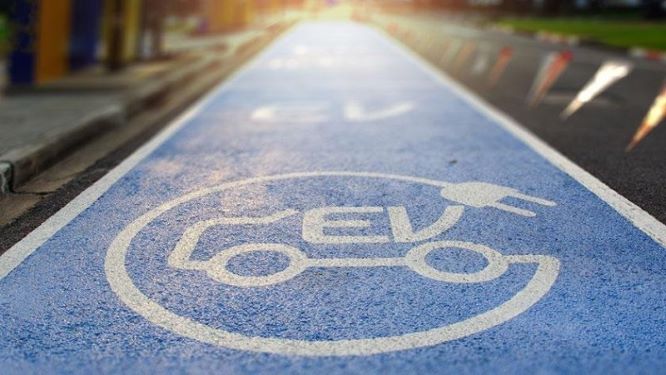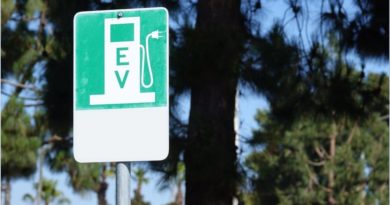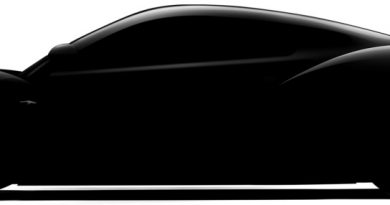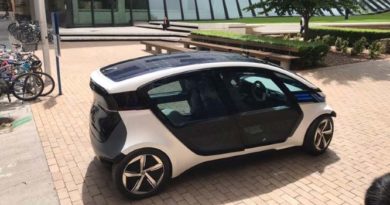Even as India’s Auto Sector Resists, The Electric Car Countdown Has Begun
 The road to Greener Transportation
The road to Greener Transportation
Honda India knows the feeling. back in 2012, as oil prices shot up yet again, the firm had no diesel model in its portfolio, and it saw its sales slump to new lows every month. With Diesel subsidised much more than petrol, it was a dangerous abstinence for Honda. It was only in 2013, that it took the plunge into the diesel market with the Amaze, in what tuned out to be a move that might have saved the firm in India. The diesel Amaze was a bestseller, and today, with both diesel and petrol prices deregulated,every car firm in India has both diesel and petrol models in its portfolio. No surprise then, that no one is in a hurry to make the shift to electric faster, invested heavily as they are in their existing production lines. It has been clear for the past year, that the four wheeler auto industry in India is much keener on a date closer to 2040 and beyond, to see an effective EV transition.
But global events, as always, could overtake the best laid plans faster than ever. Honda itself has announced that it will be all electric in Europe by 2025. In fact, there seems something about 2025, as a host of global carmakers have announced huge plans by that year, in some cases like Toyota, even accelerating 2030 targets to 2025.
Toyota thus has announced its plans for tie-ups in China to accelerate the development of its electric cars and supply of key components such as batteries. The new partners include CATL and BYD, electric leaders already.
Known till now for its pioneering work in Hybrids and fuel cells, Toyota had initially pencilled down 2030 as its big year for a shift to electric. Now it wants to sell for 5.5 million electric vehicles by 2025, 5 years before the original date it had put down barely 18 months ago. and it doesn’t stop there.
Defying investor worries of the kind that has held back Indian manufacturers, Volkswagen has ramped up its new model targets to 70 vehicles by 2028, up from the original 50. Not just that, the firm has a declared aim of selling 22 million electric vehicles before 2030.
BMW, another diesel outpost, plans to have 5 electric models by 2021, and 12 by 2025. And the list goes on.
So when you think about it, by 2025, irrespective of how the EV market plays out in India, with even the most optimistic estimates placing electric market share at 5-7%, our markets could look starkly different from key global markets. And we are not just talking developed markets. Will Indian consumers take to that?
Manufacturers need to keep in mind that the government’s attitude to them, tempered currently by the sheer size and role of the auto sector for the economy, could change very quickly if the plans to have upto 50 GW of battery manufacturing capacity in India work out. Or fuel prices spike again due to the unpredictable shifts in the oil markets. Or even if the central and state government’s finally realise the benefits of a quality public transport system, preferably run on electric power. It’s clear that a 2040 plan, for 50% EV marketshare is too conservative, and hopeful. Our automakers need to do better than that, or risk being called dinosaurs.




